Lee Holdstock, a textile consultant for the Soil Association, says, "There is no such thing as a cheap product. The consumer may not be paying at point of sale but there are hidden environmental and human costs."
Cheap supermarket t-shirts could be coming at high cost to others. It’s worth remembering that next time you’re in the clothes section of a supermarket.
Rob Harrison, the editor of Ethical Consumer magazine and the author of a report on ethical clothing, says that no manufacturers can guarantee their cotton was grown without the involvement of child labour unless it's certified as Fairtrade or organic.
"Certainly every area that can be cut is being cut," says Harrison. "The supermarkets would argue that efficiency and bulk ordering reduces costs and that is true, but in producer countries what we see are reverse auctions. A retailer will advertise for a producer who can make 20,000 copies of a dress and the producers bid in an open tender system. It's a race to the bottom."
Harrison estimates that the person who makes each garment will receive less than 5% of the final price. That's 7.5p for every £1.50 spent on that T-shirt.
However, the supermarkets are beginning to include some organic and Fairtrade clothes in their fashion ranges. So the real question is are we prepared to pay slightly more for our clothes to ensure that they are ethically made?
Posted by Nina






